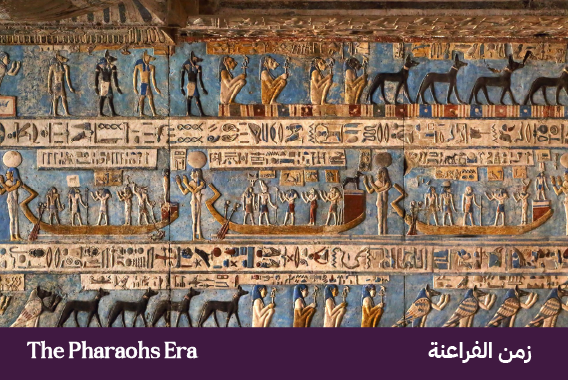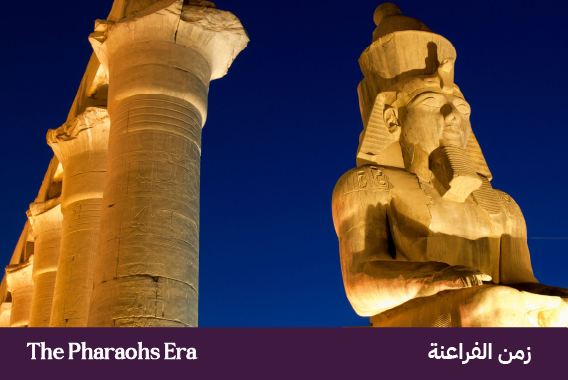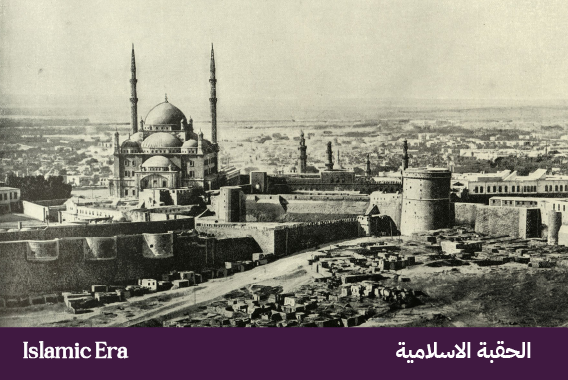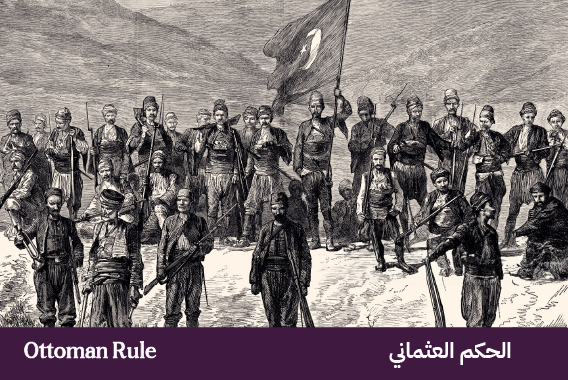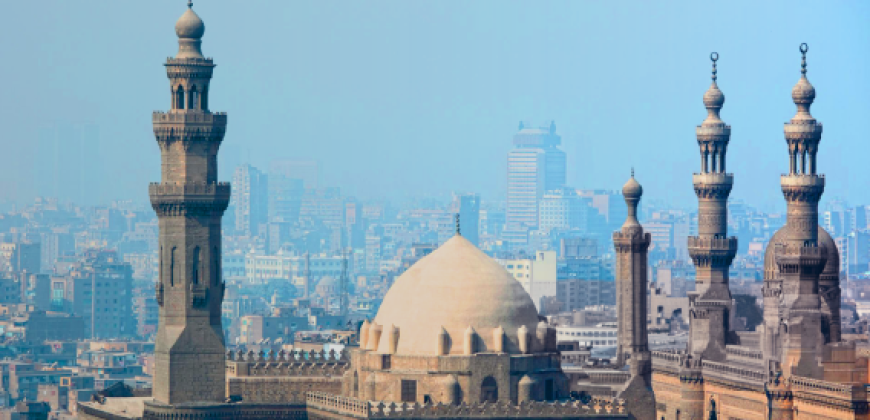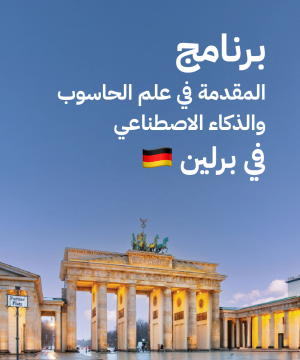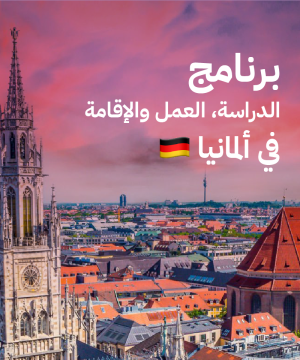Cairo: A City Woven Through Time
A Tapestry of Civilizations
Cairo, the bustling metropolis that dominates Egypt’s landscape today, is a city steeped in history, a testament to the enduring spirit of human civilization. Its roots stretch back millennia, making it one of the oldest continuously inhabited cities in the world.
Ancient Beginnings
The city’s origins can be traced back to the 11th century BC, when the ancient Egyptians established a fortified settlement on the banks of the Nile River. This settlement, known as “Fustat,” served as the capital of Egypt during the Fatimid dynasty.
Islamic Era and Beyond
The Islamic conquest of Egypt in the 7th century AD marked a significant turning point in Cairo’s history. The Arabs established a new city, known as “al-Qāhira,” adjacent to Fustat. Over time, al-Qāhira grew in importance and eventually surpassed Fustat as the dominant center of power.
During the medieval period, Cairo flourished as a major cultural and commercial hub. It was a crossroads of trade routes, attracting merchants and scholars from across the Islamic world. The city witnessed the construction of numerous mosques, madrasas, and other Islamic monuments, many of which remain standing today.
Ottoman Rule and Modern Times
In the 16th century, the Ottoman Empire conquered Egypt, and Cairo became a provincial capital within the vast Ottoman realm. Despite the change in rulers, the city continued to play a vital role in the region’s economy and culture.
The 19th century marked a period of significant transformation for Cairo. The modernization efforts of the Muhammad Ali dynasty led to the construction of new infrastructure, including railways, canals, and public buildings. The city also witnessed a growing European presence, which influenced its architecture, culture, and society.
In the 20th century, Cairo played a central role in Egypt’s struggle for independence and its subsequent development as a modern nation. The city has experienced both periods of prosperity and turmoil, but its resilience and enduring spirit have allowed it to adapt to the challenges of the times.
Cairo’s Cultural and Historical Significance
Beyond its rich history, Cairo is renowned for its vibrant culture. The city is home to numerous museums, theaters, and art galleries that showcase the country’s artistic heritage. The Coptic Christian community, which has been present in Egypt for centuries, has left its mark on the city’s architecture and traditions.
Cairo’s cuisine is another highlight, offering a delicious blend of flavors and influences. From the hearty ful medames to the aromatic koshari, there’s something to satisfy every palate.
A City for All
Whether you’re a history buff, a culture enthusiast, or simply looking for a vibrant and exciting destination, Cairo has something to offer. Its rich history, diverse culture, and friendly people make it a truly unforgettable experience.

